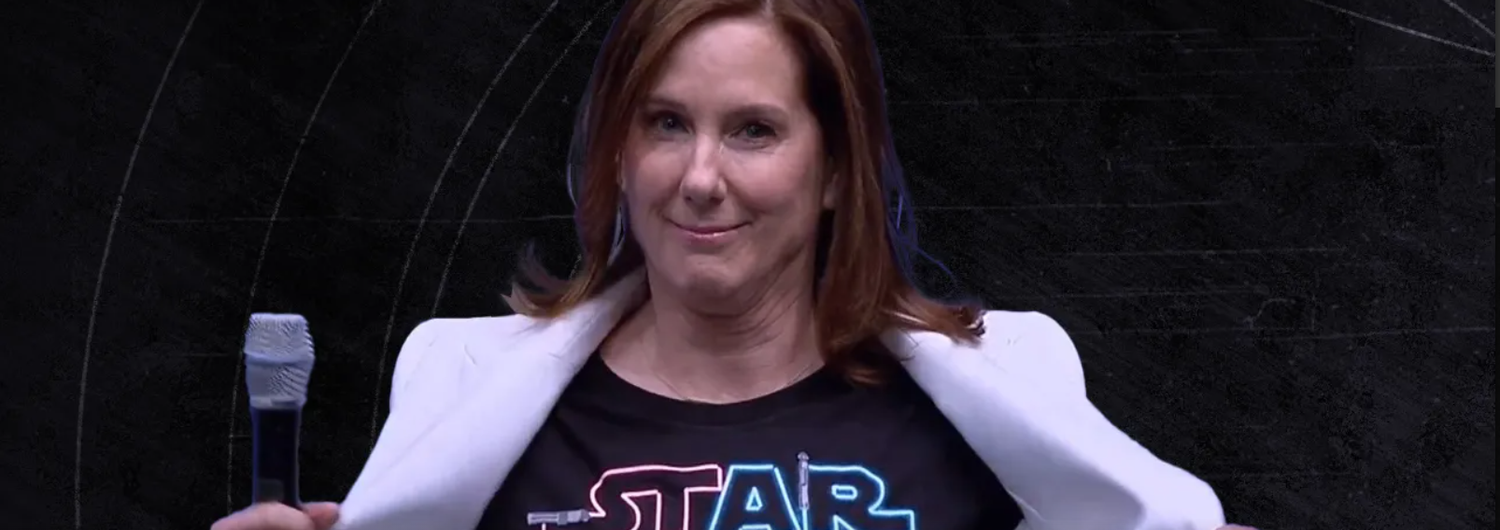The absolutely focused and thrilling first 100 minutes of Trey Edward Shults‘ “Waves” are really something to see. Set in a rich suburb somewhere south of Miami, the film starts off as a frenetic, high-octaned visually orgasmic statement on millennial angst and ends with a meditative, deeply focused account of an African-American family trying to cope with an unthinkable tragedy.
Tackling the rummaging effects of toxic masculinity, Shults sets his story on 18 year-old Tyler (Kelvin Harrison, Jr.) a bright but cocky high-school wrestling star who’s go-getttng attitude sets him up quite nicely for a bright future. However, aggressive dad Ronald (Sterling K. Brown), the owner of a very successful construction business, is on relentlessly on his back, almost punishingly so, and exudes his own kind of toxicism to the point where it becomes a danger to his own son’s fate.
On the sidelines is Tyler’s younger sister Emily (Taylor Russell), a more shy and less outgoing person than her brother. They both live with their stepmom Catherine (Renee Elise Goldsberry) a more affectionate and less bullying figure than the man that she married.
Tyler’s situation worsens when he forces himself to wrestle despite an aggravated shoulder tear which has the doctor telling him to stop wrestling immediately or the rummaging effects could result in a debilitating chronic injury. Tyler naturally decides to hide this from his dad and even steals pops’ oxycodone pills to manage the pain, downing them, foolishly, with vodka. However, what ultimately triggers Tyler is when his girlfriend Alexis (Alexa Demie) finds herself pregnant, and announces that she wants to “keep it.” Uh oh. Tyler is not happy, Alexis freaks out at his lack of compassion and blocks him from his life.
I will not go further in detailing what happens next but, suffice to say, “Waves” ends up packing a wallop. It shouldn’t be a surprise either since Shults’ directed 2016’s “Krisha” one of the great unsung movies of the 2010s.
Shults not only directed but wrote “Waves,” and his camera, much like in “Krisha,” inventively leads us through the narrative in a bout of sheer sensory overload, but it never feels overwrought, there’s great artistry behind it as the writer-director gives us one breathtaking shot after another, especially in the film’s strongest section.
Of course, when the film does calm down and becomes a little too low-key for its own good, it eventually finds the emotional authenticity to avoid this from being just another tragic teen drama. It helps that Taylor Russell’s performance is potently honed down with subtle emotional depth that we do end up embracing her side of the story. Even if there is something underwhelming about the softer and gentler second half, the overall impact of Shults’ film is deeply felt and confirms him as a major talent [B/B+]





